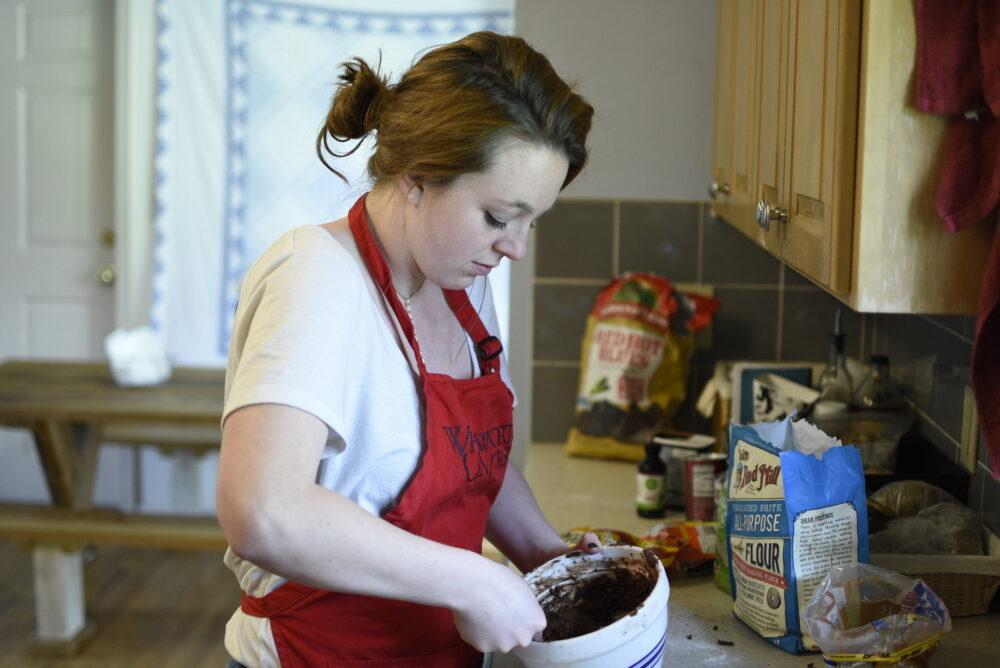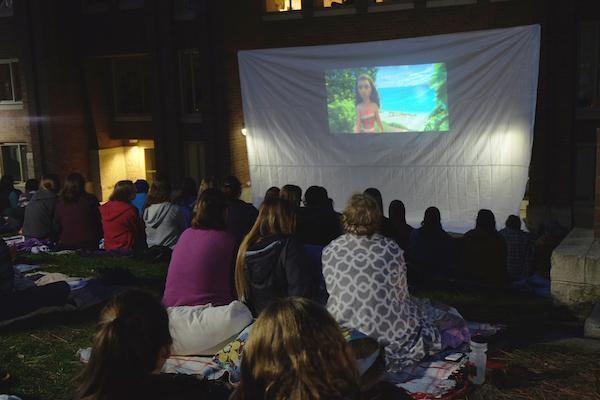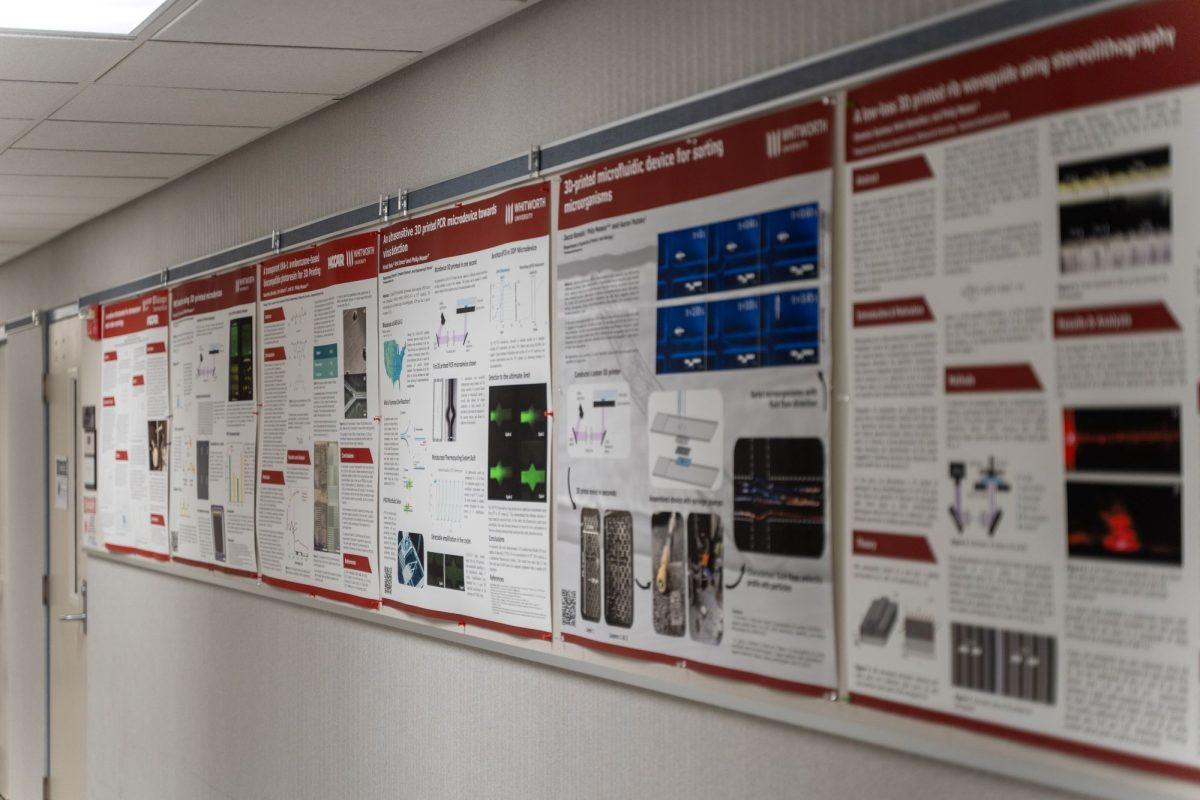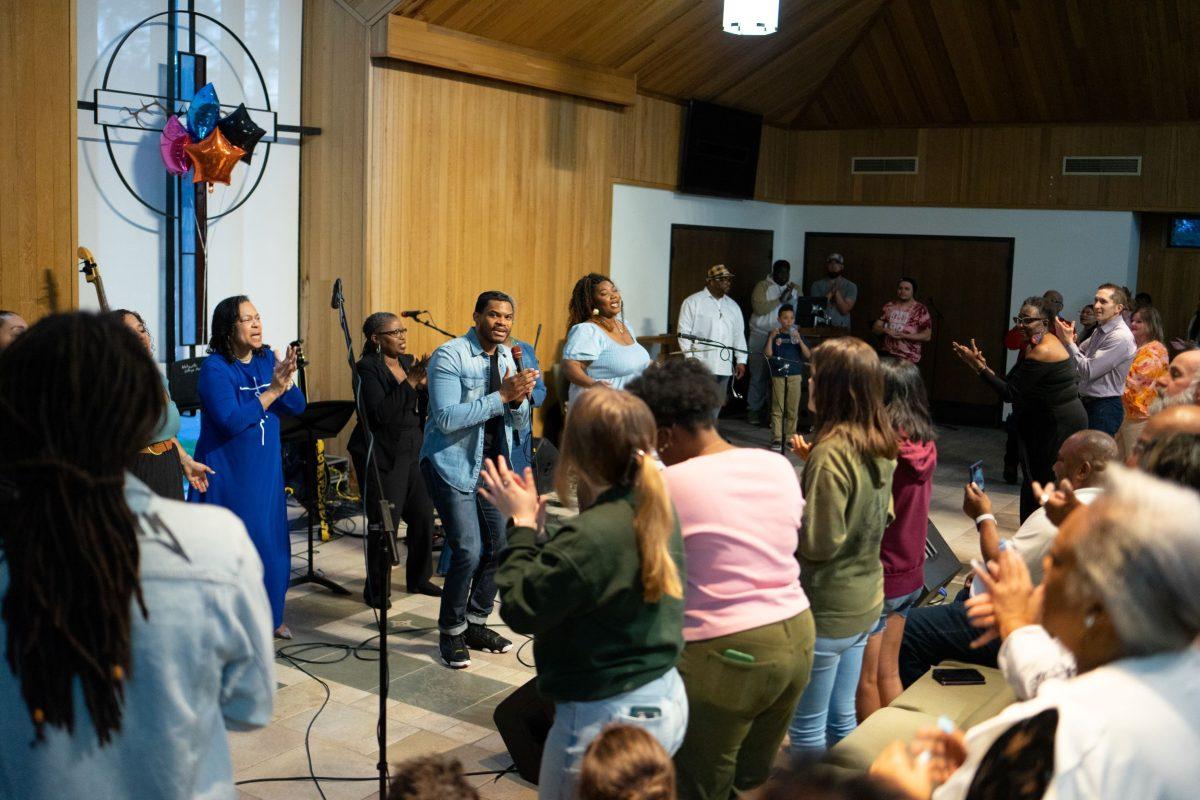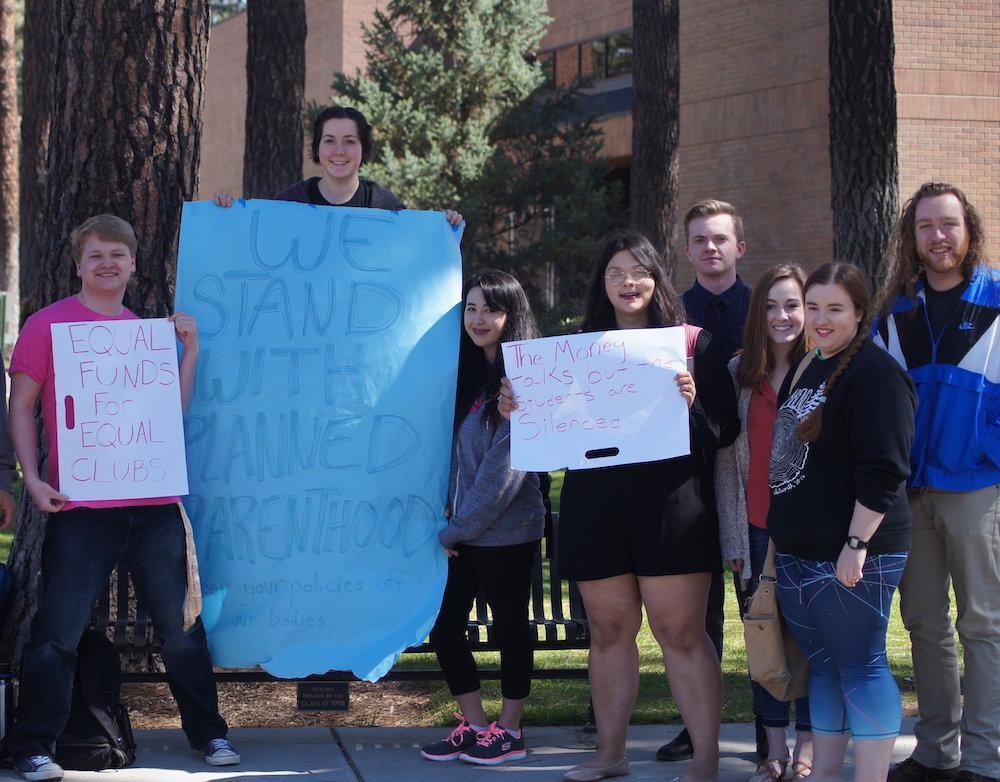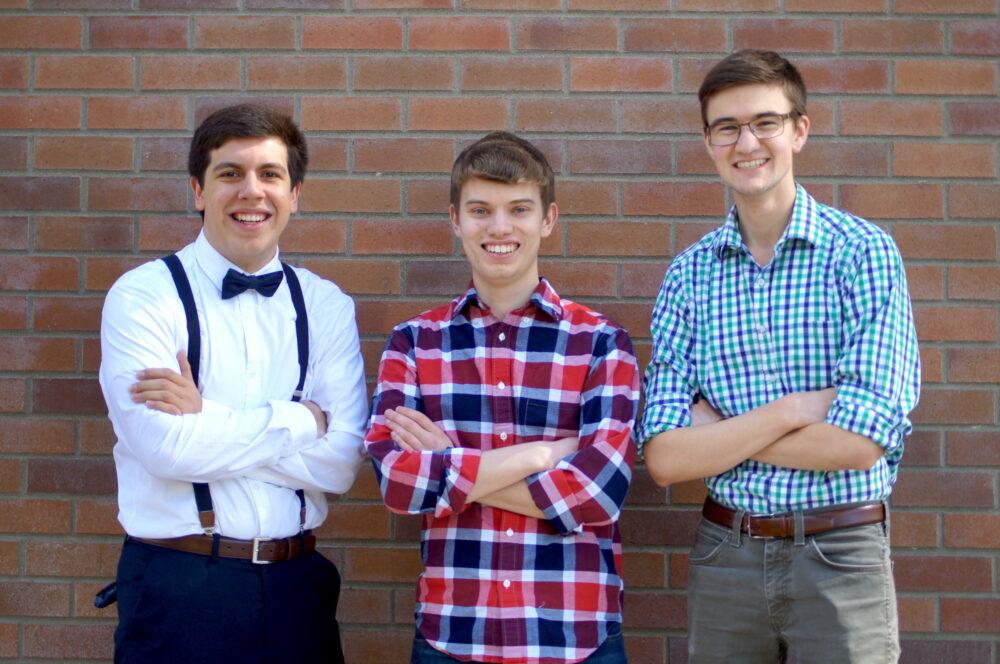In the current presidential election, a tension exists between the role of faith and politics. Both candidates align themselves with Christianity, with Donald Trump identifying himself as Presbyterian and Hillary Clinton as Methodist, which could prove challenging for Christian voters.
Half of Americans say that it is important to have a president who shares their religious beliefs and 40 percent say there has been too little religious discussion by political leaders, according to the Pew Research Center.
Being a private institution founded by the Presbyterian church, Whitworth is at the forefront of the intersection of faith and politics, meaning that everyone in the community, especially faculty, must think about the intersection of faith and politics and what it means for them.
“Both religion and politics teach and guide a society for what they should and shouldn’t do,” sociology professor Stacy Keogh George said.
From a sociological perspective, religion is a social institution that is meant to guide morality and give people a foundation to invest in the society that they are embedded in, whereas politics is a social institution that is supposed to govern and help guide morality in a community and create laws that say what people can and cannot do, Keogh George said. They might look like different institutions but they have similar functions.
In a 2015 open letter to Donald Trump, the then—stated clerk of the Presbyterian Church (U.S.A.) Reverend Gradye Parsonsstated that he, “would like to share with you [Donald Trump] the Presbyterian policies on refugees and immigrants…I hope you will find this helpful. I especially hope it will inform you on your policies going forward.”
Political science professor Kathryn Lee said she thinks the Gospel often reflects a view of valuing human dignity and wanting to do good in the world.
One way political and religious identities may interact is through voting habits. According to the Pew Research Center, 51 percent of adults say they are less likely to vote for a presidential candidate who does not believe in God.
Finding the best policies that will help people, while using religion as a lens and social science research to support it, is one way that Lee’s faith and political identity interact, Lee said.
“Religion is a lens—not the lens—a lens that I use for me to think: how can human beings flourish, where can we help people?” Lee said. “When should that be done by the private sector and when should that be done by the government?”
Although there is a ‘separation of church and state’ in the United States, some Whitworth professors question whether an individual can separate their political and religious beliefs.
“I think anybody that is a true believer in whatever religion they’re a part of [separating religious and political ideas is] difficult to do because if that is really your guiding faith in life, that’s going to also guide how you vote,” Keogh George said.
Religion and faith are often grouped together, but political science professor Patrick Van Inwegen presented a caveat to the separation of faith and politics argument: that you can separate religion from politics, but not faith from politics.
“If we’re talking about religion in that sense, then I think people can and often do separate them,” Van Inwegen said. “If we’re talking more about faith and we’re talking more about the individual, I think it’s less likely those things get separated.”
Faith is something personal to every individual, whereas religion is something people share. Even though people often do try to separate those things, they should evaluate things based on their values, Van Inwegen said.
Christians make up a large population at Whitworth, and whether they can or should separate their beliefs, they should not think of voting as a personal decision.
“Voting is not just for me and my interests,” Lee said. “Voting is a mechanism by which we think of ‘We the People.’”
People may think of voting as a question of “What is the best choice for me?” Or they may think of voting as a collective choice, “What is best for the world?”
“When you ask me how should Christians vote, I don’t know how they should vote but I know that I think that they should have the common good in mind when they vote,” Lee said.
“There’s a strong mandate in the Bible,” history professor Dale Soden said. “To love the Lord your God with all your heart and love thy neighbor.”
Regardless of the difficulties regarding your faith and political beliefs when voting, it is something that must be done. The challenge of voting as a Christian, Soden said, is to discern which policies promote loving God and loving your neighbor.
Contact Emily Goodell at [email protected]


